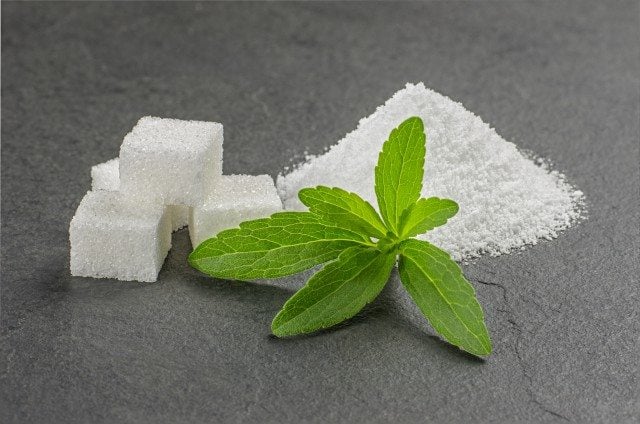Almost two-thirds of consumers in Argentina, Australia, France, Mexico and the US are concerned about excess sugar, according to DSM’s Global Insights survey.
However, the way respondents say they opt to reduce their intake of sweetened products varies dramatically, having far-reaching implications for future product development.
The international survey data underpins that consumers seeking to cut sugar do not take a one-size-fits-all approach.
More than twice as many (41% vs 20%) have opted for a sugar-free carbonated soft drink versus a sugar-free juice.
For yogurt, 40% will opt for a low-sugar variety, but 20% for a completely sugar-free version of the dairy snack.
Health and weight are top of mind for consumers seeking low sugar and no-sugar options but interestingly taste is not.
Just 20% of respondents said they preferred the taste of low/no sugar products.
There are strong national differences when it comes to seeking information.
Forty-three percent of Mexicans — more than in any other market surveyed — say that they have done research into health issues related to sugar.
And in spite of increasing concern about rising childhood obesity rates, only a minority of the low- and no-sugar treats bought by survey participants was for children.
Buying for youngsters is most likely in Australia (19%) followed by the US (15%) and France (11%).
DSM is working on a fermentative sweetener platform to bring flexible, reliable and sustainable Stevia to the food and beverage industry.
Furthermore, the company also has enzyme-based sugar reduction concepts for dairy on offer.
With the help of enzymes, more of the sweetness that is naturally present in dairy products can be enhanced, creating a preferred sweet taste with less or no added sugar.










